What could be the missing piece in the mysteries of ageing skin?
Skin health and healthy ageing are intricately linked, with the skin serving as the body's largest and most multifunctional organ. Beyond its aesthetic significance, the skin plays a vital role as a protective shield against external threats such as UV radiation, pollutants, and pathogens. It also regulates body temperature, prevents excessive water loss, and aids in waste elimination through sweat.
Additionally, the skin is a key component of the immune system, containing immune cells that defend against infections. Furthermore, the skin houses nerve endings, allowing us to perceive touch, pain, and temperature changes. Therefore, nurturing skin health is essential for overall graceful ageing evident in your glowing skin. Before listing down the healthy skin tips in this blog, we'll explore various aspects that make and break your skin health!
Common Skin Issues Evident on Appearance
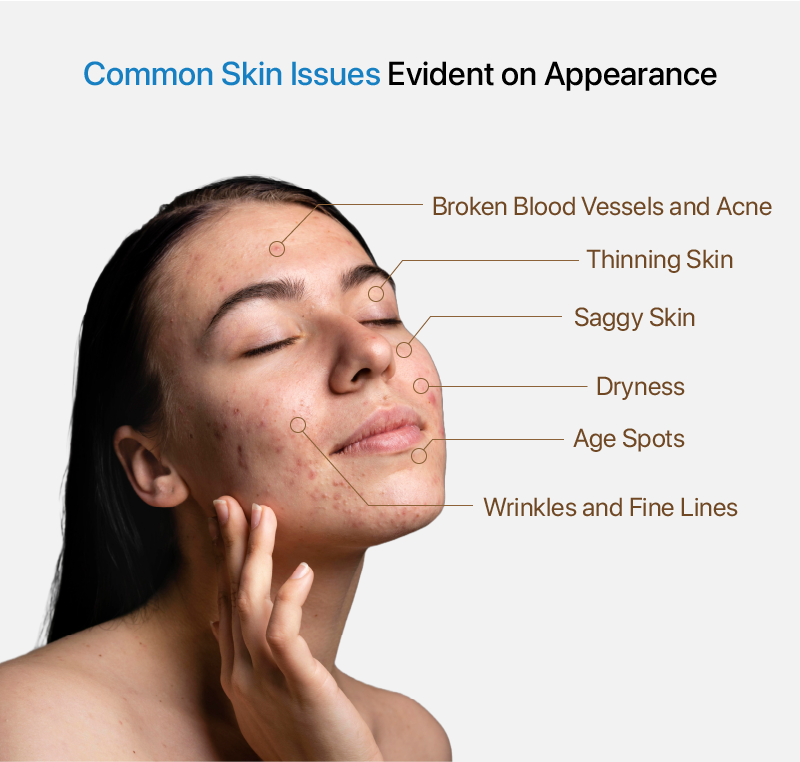
These signs of ageing skin undergoing various changes resulted from a combination of environmental factors and natural ageing processes, reflecting the skin's response to both influences:
- Thinning skin: The basal cell layer slows its cell production rate, leading to a thinner epidermis and dermis. This can result in crepey, wrinkled skin.
- Saggy skin: The production of elastin and collagen particularly responsible for firmness gradually decreases with age, causing the skin to sag and droop, particularly in areas like the jawline and under the eyes due to gravity's effects.
- Wrinkles and fine lines: Around the age of 30, small wrinkles known as crow's feet appear at the eye corners, while the forehead gradually develops wrinkles. These lines deepen with age, particularly between the brows, where frown lines form due to facial expressions. It becomes more prominent as the skin loses its elasticity and thickness.
- Age spots: Age spots, freckles, tanning or liver spots, can also develop as melanocytes increase in number and cluster, especially in sun-exposed areas like the hands.
- Dryness: Skin dryness is another common issue, as older skin has fewer sweat and oil glands ultimately lacking moisture. It can be due to factors like low humidity, ageing, harsh soaps, and dehydration, leading to various symptoms like itching and flaking.
- Broken blood vessels and acne: In older skin blood vessels become more fragile and prone to bruising, and acne resulting from clogged pores and bacterial buildup.
Skin Health × Hydration: Quenching Skin’s Thirst
Maintaining proper hydration is critical for healthy, youthful skin. Sufficient water intake supports skin elasticity and suppleness, preventing dryness and minimising wrinkles. Adequate hydration ensures optimal circulation of nutrients and oxygen to skin cells, fostering a vibrant complexion.
Furthermore, water plays a vital role in detoxifying the body, reducing the likelihood of skin issues like acne. It helps in thermoregulation, preventing overheating and excessive sweating, which can irritate the skin. Prioritising hydration is one of the simple yet effective healthy skin tips to promote skin health and maintain its natural beauty.
Recommended Water Intake for Glowing Skin
Recommended water intake for glowing skin varies based on age, activity level, and climate. The general guideline suggests at least eight 8-ounce glasses per day, known as the "8x8 rule." However, individuals with high physical activity or in hot climates may need more. Listening to your body's thirst signals and maintaining hydration throughout the day is crucial for healthy, radiant skin.
In addition to water, you can boost skin moisture with hydrating foods like cucumbers watermelon, oranges and celery. Limiting caffeine and alcohol intake is crucial as they can dehydrate the body, so moderation is key. Prioritising these habits can help maintain a radiant and healthy complexion by ensuring your skin stays adequately moisturised.
Skin Health ×Healthy Diet: Eat Your Way To Radiance
Unhealthy dietary choices can worsen skin conditions like acne, eczema, and psoriasis. A high-fat diet has been correlated with fat deposition leading to obesity. Diets rich in processed foods, sugary snacks, and unhealthy fats can trigger inflammation and hormonal imbalances, exacerbating skin issues.
On the contrary, switching to a nutrient-dense diet, i.e., a whole-food, plant-based (WFPB) diet with plenty of fruits, vegetables, and whole grains can help reduce inflammation, support skin repair, and enhance the skin's natural glow. A WFPB diet enhances antioxidant levels with vitamins A, C, and E, aiding in the fight against oxidative stress, advanced glycation end products (AGEs), and methylglyoxal. This can lead to increased telomere length, promoting skin health and healthy ageing.
Nutrients and Foods for Supple Skin
A well-balanced diet rich in essential nutrients plays a crucial role in promoting healthy skin. Some of the key nutrients particularly vitamins for skin health include:
1) Vitamin C
Vitamin C, essential for a healthy diet, is not produced by the human body, necessitating adequate dietary intake. It plays a crucial role in collagen synthesis, acting as a cofactor for enzymes that stabilise collagen's structure. Vitamin C also aids in cholesterol synthesis, and iron absorption, and enhances selenium's bioavailability. However, deficiency can lead to impaired collagen synthesis, resulting in skin manifestations like enlarged hair follicles, keratosis, and 'corkscrew hairs.' Severe deficiency causes scurvy, characterised by skin lesions, gum bleeding, and slow wound healing.
The richest sources of vitamin C are fresh fruits and vegetables such as citrus fruits, blackcurrants, chilli pepper, and parsley. It is found in these sources and can be consumed orally or topically for skin benefits.
2) Vitamin E
Vitamin E acts as a fat-soluble antioxidant, particularly scavenging highly reactive singlet oxygen. It plays a role in preventing collagen cross-linking and lipid peroxidation, both associated with skin ageing. Vitamin E deficiency can lead to skin issues like oedema, papular erythema, dryness, and depigmentation, particularly in premature infants.
Foods rich in vitamin E include vegetables, vegetable oils (e.g., wheat germ, sunflower, safflower), seeds, corn, soy, and certain meats. Topical application of vitamin E has shown benefits in reducing sunburn, and chronic UVB-induced skin damage. It's also been linked to a reduction in photocarcinogenesis.
The combined oral treatments of Vitamin C and E demonstrate synergistic effects. These vitamins sometimes with other photoprotective compounds, significantly enhance their photoprotection compared to using them alone.
3) Essential fatty acids
Essential fatty acids (EFAs), derived from linolenic, linoleic, and oleic acids, are crucial for skin health, as they cannot be synthesised in the body and must be obtained from the diet. EFAs, also known as vitamin F, include arachidonic acid, which can be partially synthesised from linoleic acid. Linoleic acid intake is associated with reduced senile dryness and skin atrophy. Additionally, dietary supplements rich in omega-3 fatty acids, such as fish oil, demonstrate a reduction in UV-induced inflammation, possibly due to decreased prostaglandin-E2 levels.
EFAs are found in various food sources, including fish, flaxseed, soya oil, chia seeds, pumpkin seeds, leafy vegetables, walnuts, and avocados. Fish oil supplements are rich in omega-3 fatty acids and may contain vitamin E. These supplements for convenient incorporation of EFAs are sometimes combined with calcium, iron, or vitamins A, B1, B2, B3, C, or D.
Carotenoids, proteins, pro- or pre-biotics, polyphenols, and coenzyme Q10 also play crucial roles in skin health and healthy ageing, complementing the nutrients discussed earlier for completing your power-packed plate.
Skin Health × Sleep: Skin’s Overnight Repair
A key daily habit with a significant impact on skin health is getting enough beauty sleep. During sleep, the body undergoes crucial restorative processes. As you sleep, your skin cells engage in repair and regeneration, crucial for maintaining elasticity and firmness. Conversely, inadequate sleep can result in dull, tired-looking skin, worsen existing skin conditions, and contribute to premature ageing.
Ensuring sufficient sleep is essential for overall skin health and appearance. It allows your skin to replenish and rejuvenate, supporting its natural functions and promoting skin complexion.
Improving sleep quality is crucial for maintaining healthy skin. Establishing a consistent sleep schedule helps regulate your body's internal clock, promoting better sleep. A relaxing bedtime routine, such as reading or taking a warm bath, signals your body to wind down. Limiting screen time before bed is essential, as electronic devices emit blue light that can disrupt sleep.
Creating a comfortable sleeping environment, including a good mattress and pillows, and keeping your bedroom cool, dark, and quiet, can also enhance sleep quality. Additionally, managing stress through meditation or yoga can help ease your mind before bedtime, contributing to better sleep and healthier skin.
Skin Health × Regular Exercise: Sweat for the Glow
Regular exercise not only benefits your cardiovascular system and overall health but also plays a significant role in skin health. Physical activity increases your heart rate and improves blood circulation, delivering more oxygen and nutrients to skin cells. This enhanced blood flow supports skin function and promotes a healthy, radiant complexion.
Sweating during physical activity helps eliminate impurities and debris from the skin, reducing the risk of clogged pores and blemishes. Through sweating, the skin acts as an excretory organ, removing toxins and harmful substances. Regular exercise facilitates this detoxification process, promoting clearer and healthier skin.
It's important to maintain proper hygiene after exercising to wash away sweat and impurities from the skin's surface. Failure to do so can lead to the accumulation of sweat and bacteria, potentially causing skin issues like acne and rashes. It reduces stress, stimulates collagen production, improves skin tone and texture, regulates oil production, and gives your skin a youthful glow.
Conclusion
If you want to look over the mirror brimming with glowing skin, it just requires a holistic approach. Understanding common ageing signs on the skin, such as wrinkles, sagging, and dryness, allows you to address these issues effectively. Its solution is the culmination of various factors, including hydration, diet, exercise, and sleep.
These elements play vital roles in skin health and healthy ageing. To improve skin health, focus on a balanced lifestyle. Drink plenty of water, consume a diet rich in fruits and vegetables, engage in regular physical activity, and prioritise quality sleep. Additionally, proper supplementation and skincare practices can further enhance skin health. Remember, healthy skin is a timeless testament to overall well-being, so nourish your skin from the inside out for a radiant glow that defies age.
FAQs
What are the best vitamins for skin health?
For optimal skin health, incorporate vitamins A, C, E, K, D, B5, and B3 into your diet. These vitamins aid in collagen synthesis, reduce inflammation and maintain skin firmness and elasticity.
How do I know if my skin is ageing?
Signs of ageing skin include thinning, sagging, wrinkles, and fine lines. Age spots, dryness, broken blood vessels, and acne are also common. These changes result from a combination of extrinsic and intrinsic factors.
Is it true that sleep affects healthy skin?
Yes, sleep significantly impacts healthy skin. During sleep, the body undergoes crucial restorative processes, including skin repair and regeneration. Poor sleep is linked to faster ageing skin and an increased risk of certain skin conditions.
How much water is recommended to improve skin health?
To improve skin health, it is recommended to have at least eight 8-ounce glasses per day, known as the "8x8 rule." However, those with high physical activity or in hot climates may need more. Maintaining hydration throughout the day is crucial for healthy, radiant skin.
What are the external threats to the skin?
External threats to the skin include air pollution, blue light damage, UV damage, and weather conditions. Extreme heat can cause sweat to become trapped in pores, leading to heat rash or blisters. Sun exposure without UV protection increases the risk of skin cancer, premature ageing, and hyperpigmentation.
























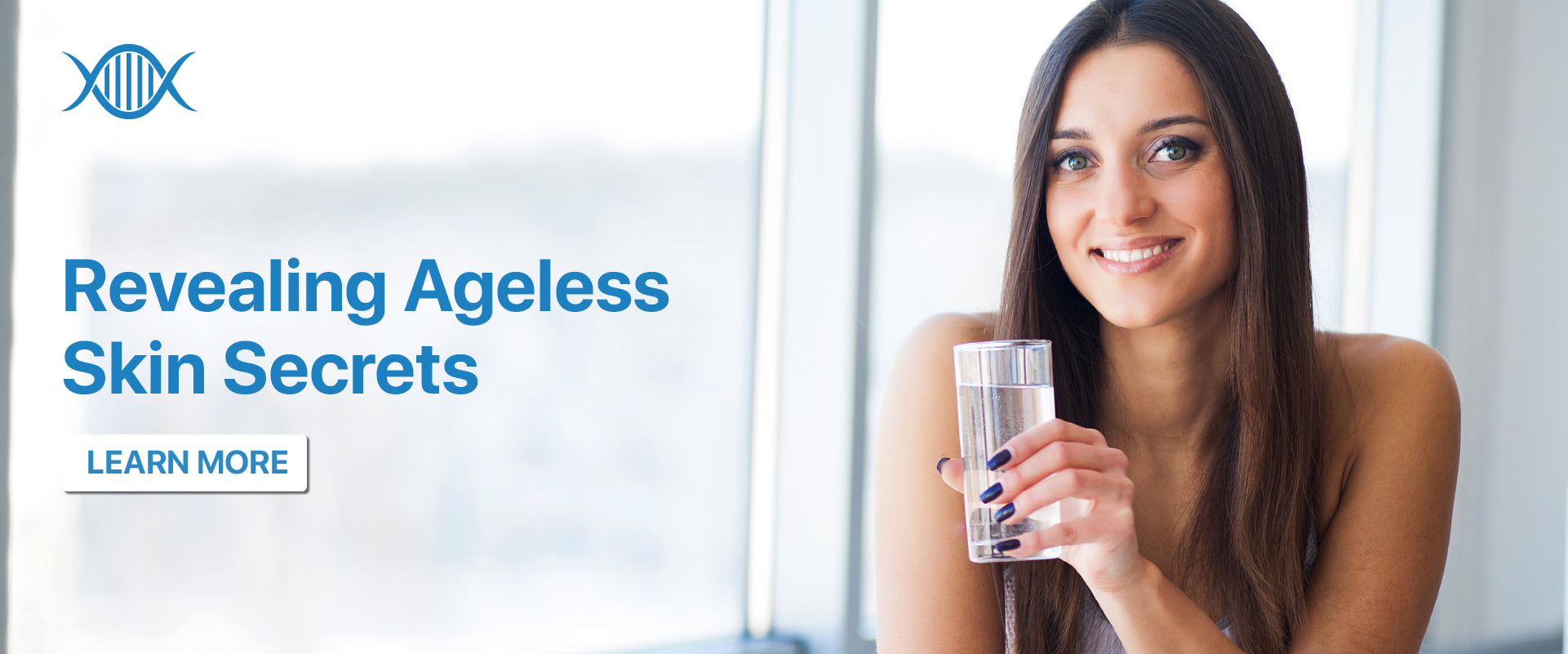

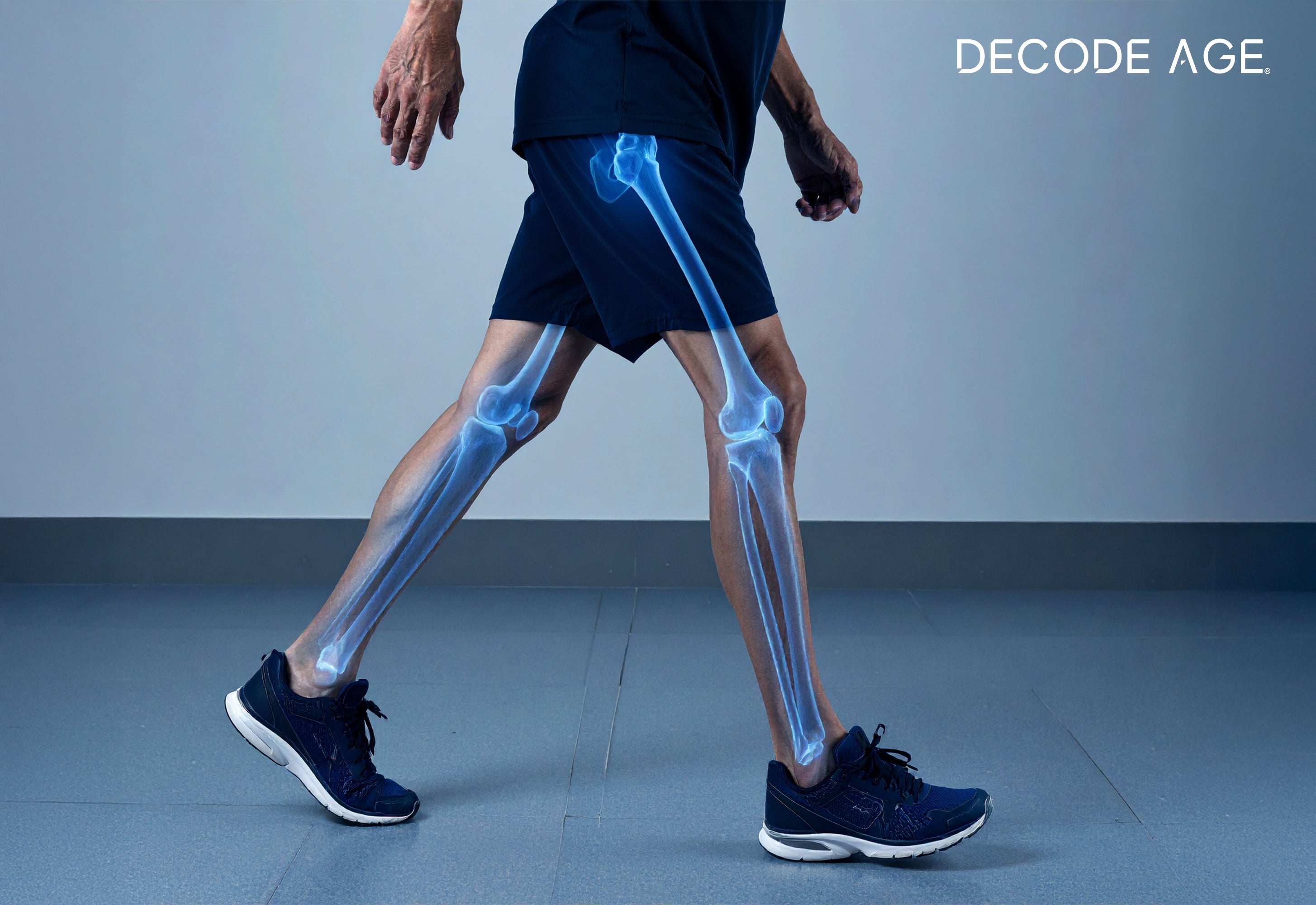
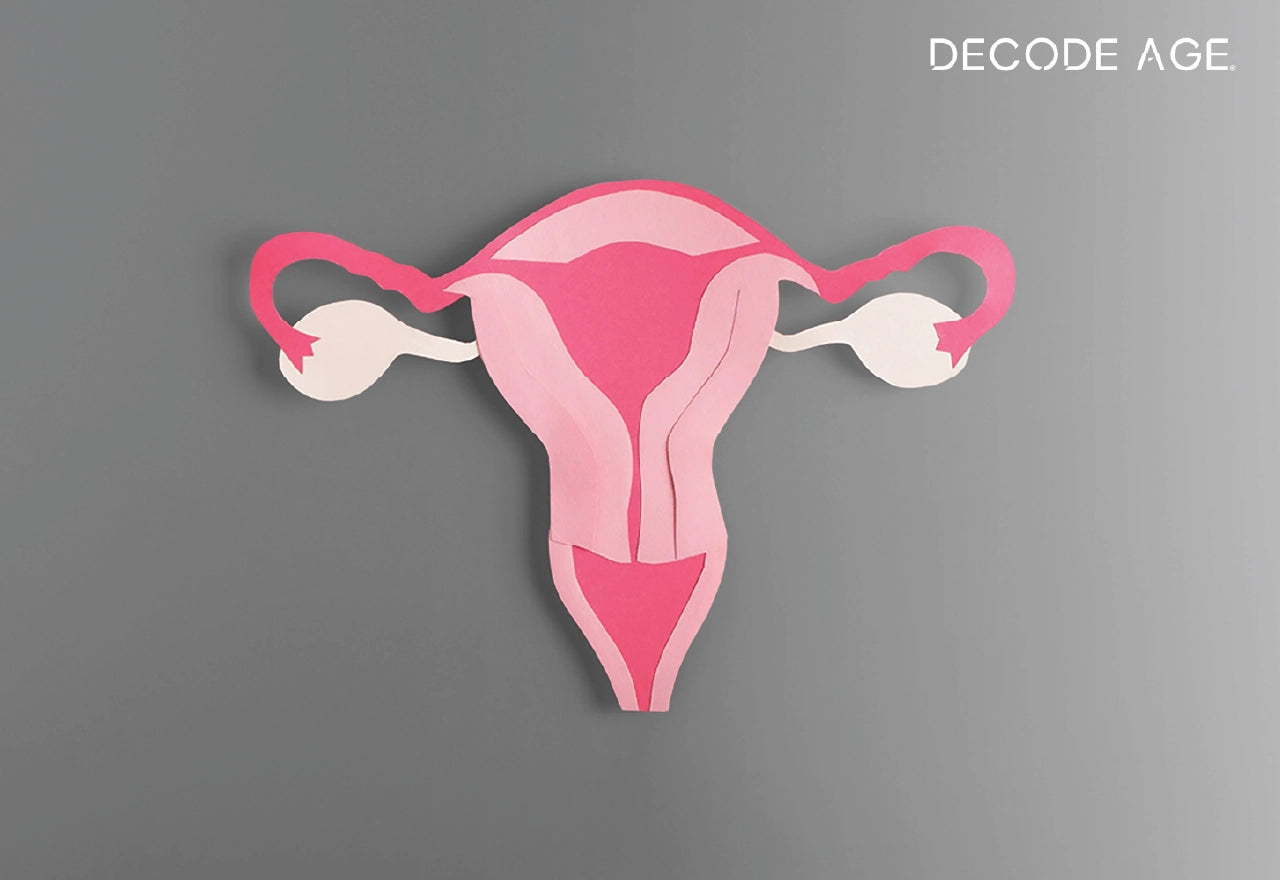
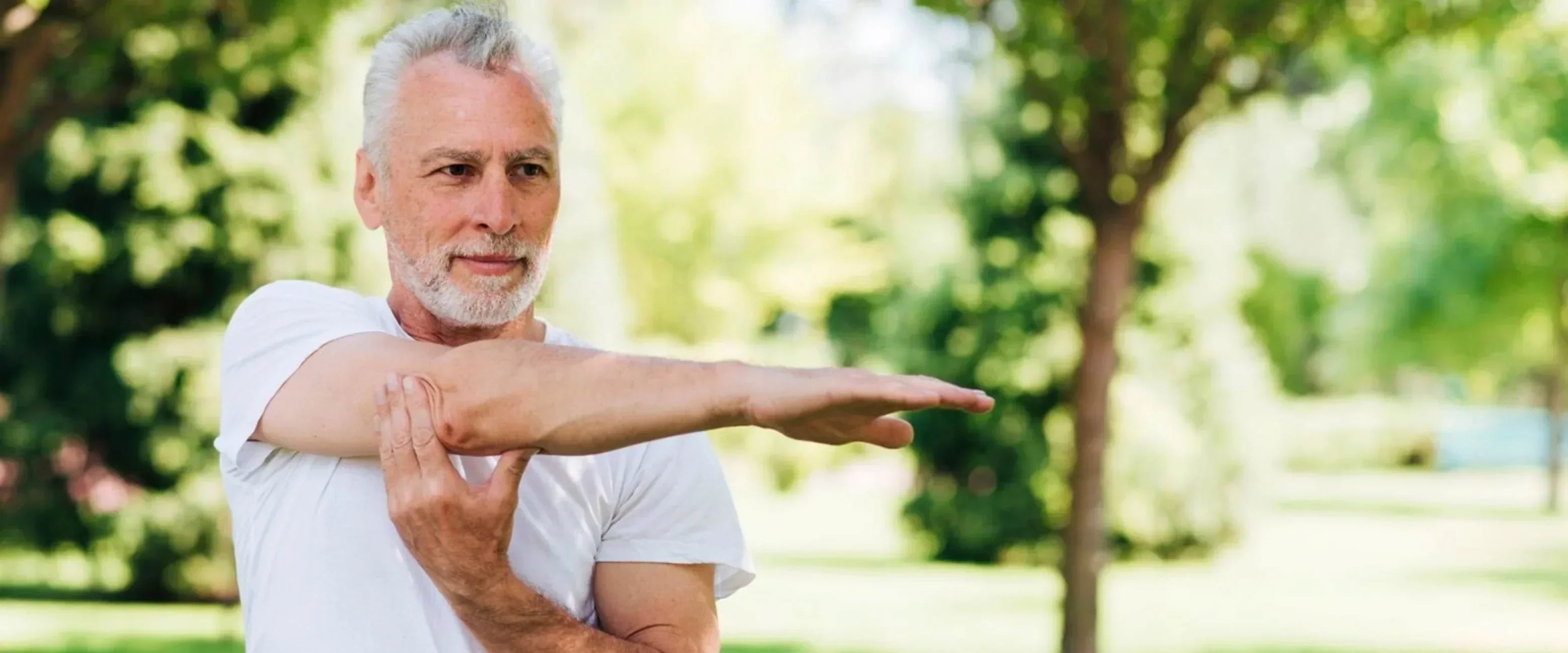
Leave a comment
All comments are moderated before being published.
This site is protected by hCaptcha and the hCaptcha Privacy Policy and Terms of Service apply.